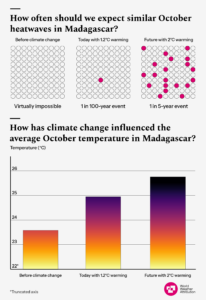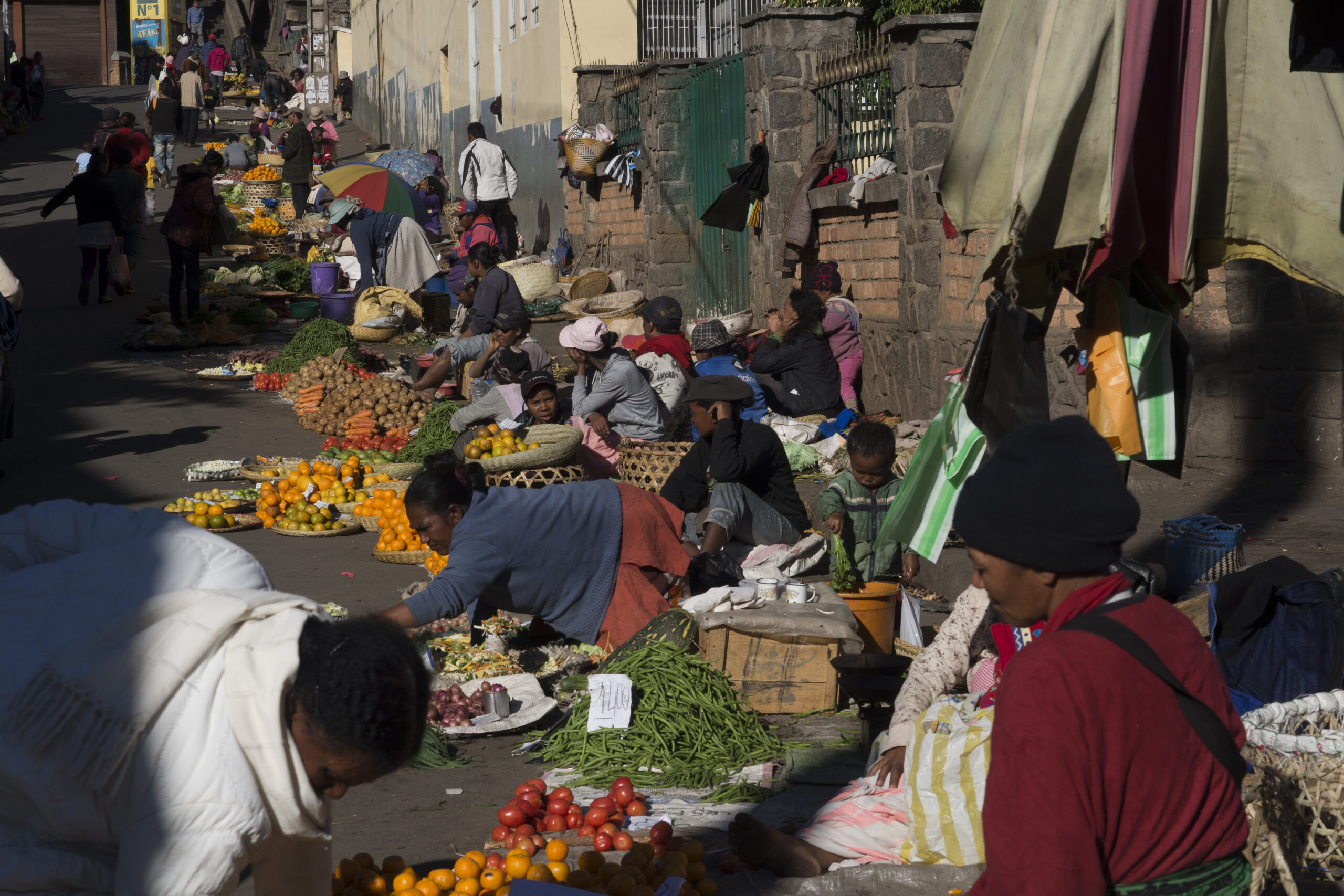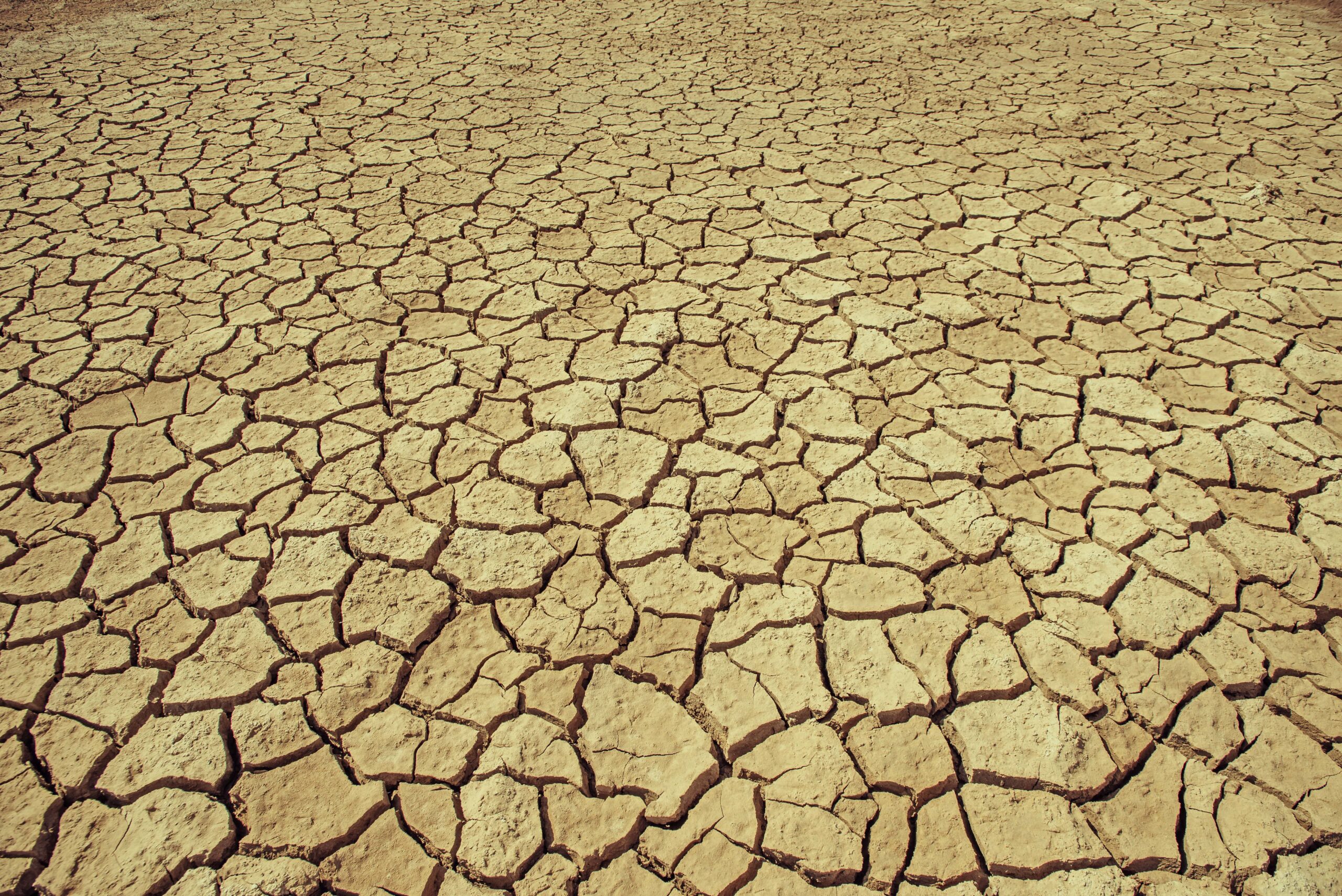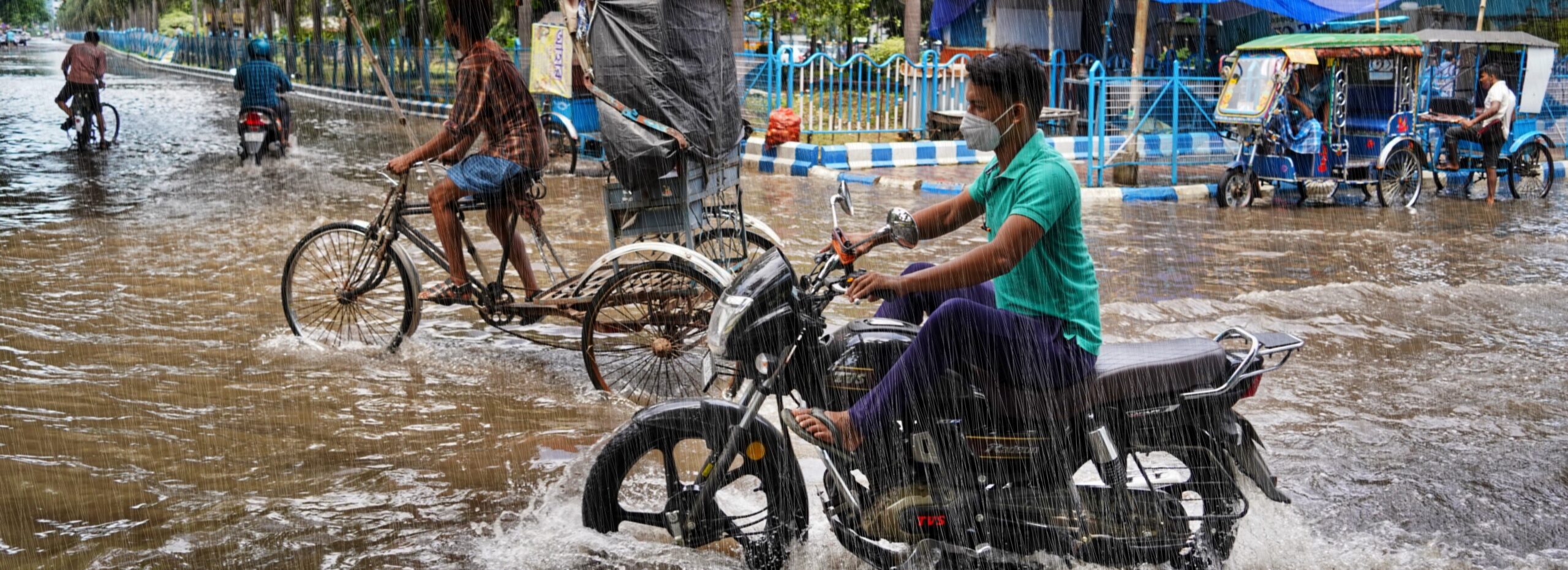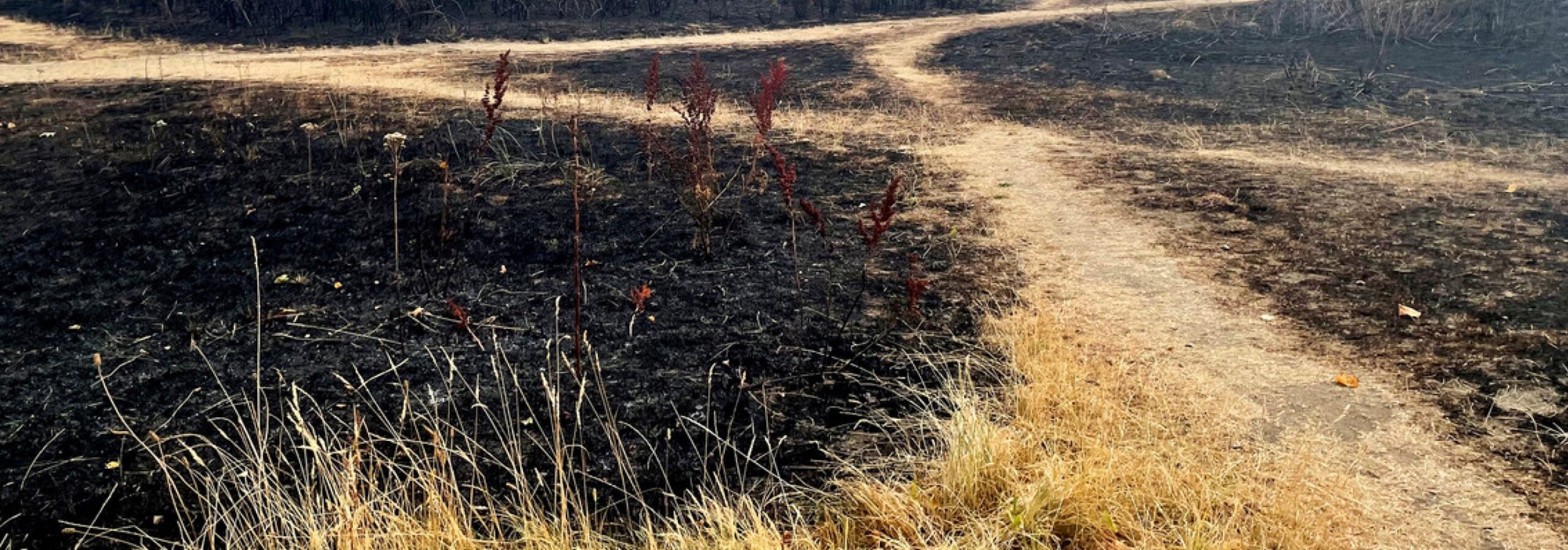Despite October being at the start of the hot and wet season temperatures in October 2023 were as high as they usually are only in December/January, the height of the warm season. The region with highest temperatures and where many records were broken is also the most densely populated part of the country which means millions of people were affected by extremely high temperatures, very early in the season. Despite this, no impacts of the record breaking heat were recorded. This does not mean however, that no impacts occurred. It is a known fact that extreme heat in African countries is notoriously underreported, despite highly vulnerable populations.
Scientists from Madagascar, South Africa, Denmark, the Netherlands and the UK collaborated to assess to what extent human-induced climate change altered the likelihood and intensity of hot Octobers in Madagascar and the warmest 7-day maximum and minimum temperatures in Antananarivo during the month (fig 1), using published peer-reviewed methods. Drawing from studies in similar contexts and other regions in the world they also assessed what the impacts on humans and ecosystems in the region likely are.
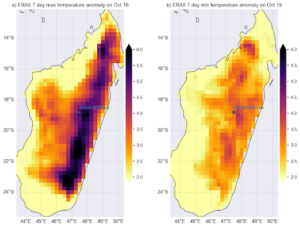
Main findings
● Heatwaves in all regions of sub-saharan Africa are dramatically underreported leading to little awareness about the dangers of extreme heat. Heat-related mortality is estimated to increase by a factor of four by 2080, unless required investments to adaptation are made.
● South Madagascar is particularly vulnerable to impacts of heatwaves, as food and agricultural systems are likely to collapse under high temperatures and compounding drought conditions and frequent, highly destructive cyclones. Extremely dry air during heatwaves, including the nights, results in difficulty to breathe, and children are reported to be the worst affected with an overall high heat-related mortality.
● Using gridded observational products the very warm October is approximately a 1 in 100 year event in today’s climate, while the extreme warm 7-day maximum and minimum temperatures are less rare, estimated to be a 1 in 25 and 1 in 20 year event respectively.
● To estimate the influence of human-caused climate change on this extreme heat we use a combination of climate models and the observations. We find that because of human-induced climate change the event would have been approx. 1 to 2 °C cooler for all three event definitions had humans not warmed the planet by burning fossil fuels.
● Due to the strong trend the change in likelihood is very large: it has increased by at least 100 times for October mean and 7-day minimum temperatures and by at least 10 times for the 7-day maximum temperatures.
● Unless the world rapidly stops burning fossil fuels, these events will become more common in the future. In a world 2°C warmer than preindustrial, events like these would no longer be rare but occur up to 3 times per decade.
● In Madagascar, less than half of the population has access to electricity and clean water, making most common coping strategies in extreme heat inaccessible to a large part of the population. Linked to the lack of clean water is one of the lowest child survival rates in the world. With very young children being particularly vulnerable to extreme heat these young lives are even more endangered.
● A high degree of informal settlements and unplanned urbanisation have resulted in large parts of the population particularly vulnerable to heat exposure. Factors like urban poverty, large workforce in informal economies, and loss of productivity/income during hot days result in compounding vulnerabilities.
● There are no heat action plans, early actions protocols, or comprehensive early warning systems, indicating an overall limited preparedness for heat waves. Investments in extreme heat forecasting, warning, and response capabilities are the most urgent requirements for Madagascar to better adapt to a warming world.
